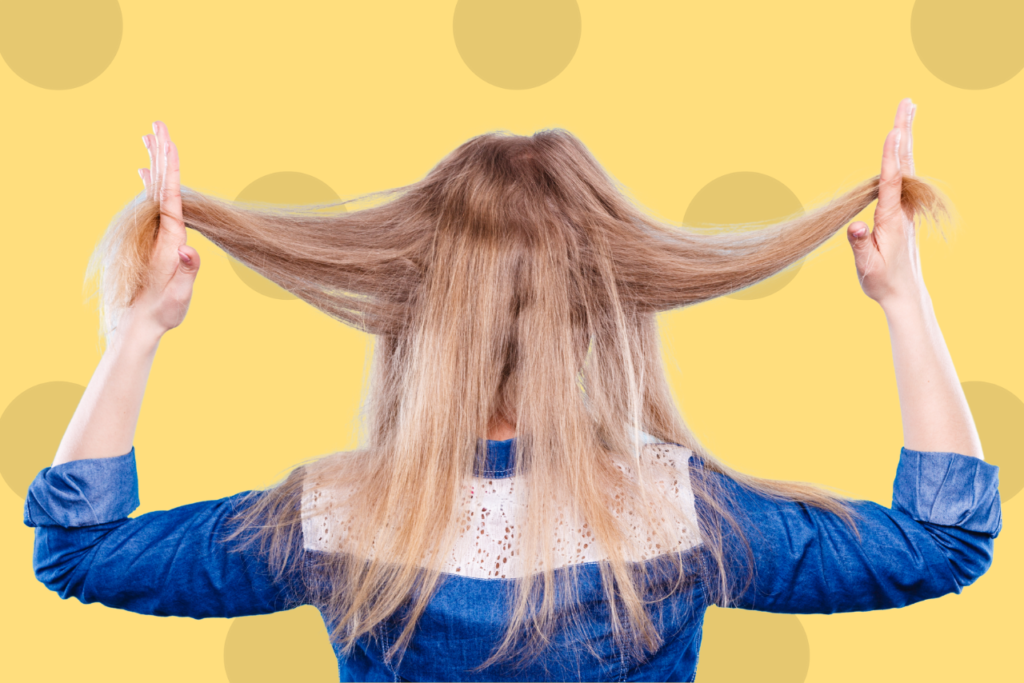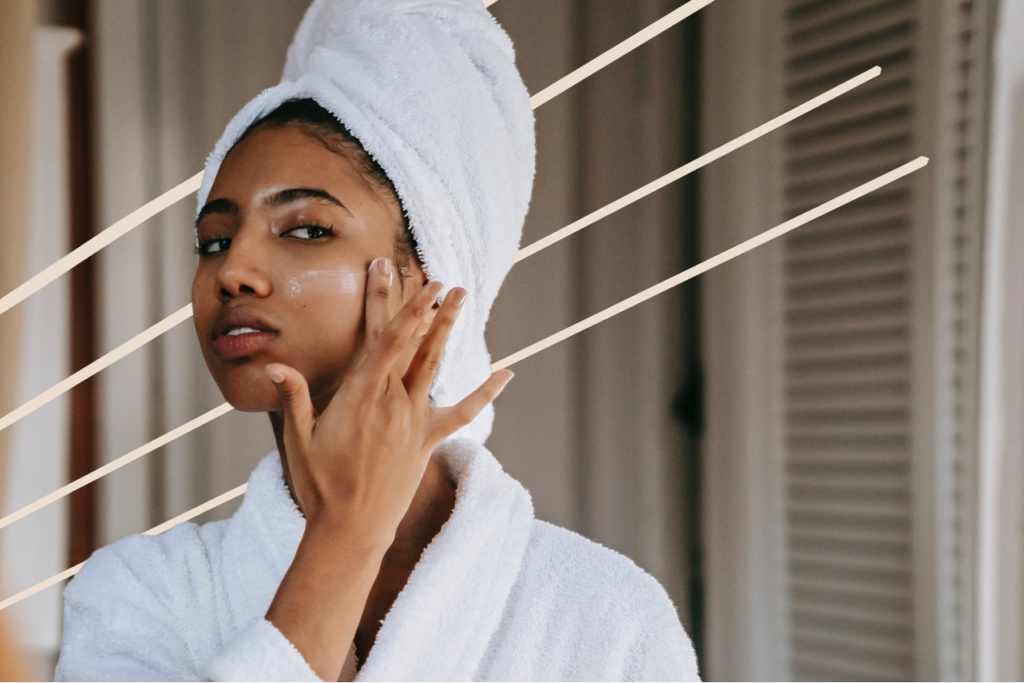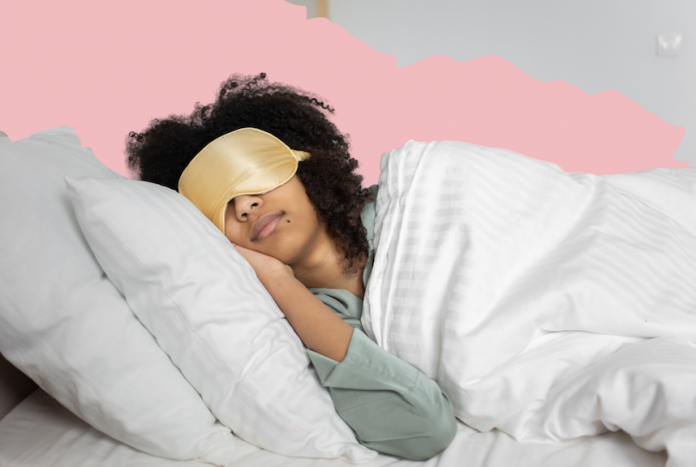Do you suffer from dry hair? The solution, at face value and base level, seems so simple; get it wet! You know, wash it, moisturise it, and move on with your life with flowing, luscious looking locks.
Of course, the solution is never that simple, and actually, we’re rather glad about that, because if it was, we might just be out of a job. Instead, we’re here to provide you with these 5 IDEAL tips on how to look after dull, dry damaged hair.
IT’S ALL ABOUT SCALP CARE
Product build-up from styling products like serums, mousses, oils and sprays may be causing more damage to your hair than you realise.
Increased product build-up can cause your hair to become dull, limp and lacklustre, your scalp to become irritated and unbalanced and can even prevent your hair from absorbing nutrients. This is especially prevalent for those with Afro-Caribbean or textured hair, as these hair types require more styling maintenance. This begs the questions – is your shampoo actually cleansing your hair?
Creative Director Kieran Tudor from CENTRED, a multi award winning range of high performing natural hair care, scalp care and nutrition products who are all about blurring the lines between hair care and wellness, tells us that “Many shampoo formulas contain sulphates, which create a generous, foamy lather, but can actually cause more harm than good. Not only do sulphates strip the hair and scalp of its natural oils, but the abundance of foam can be misleading, causing people to think they’ve deeply cleansed their hair, when in fact, they’ve only scratched the surface.”
As such you should exfoliate your scalp. Kieran explains, “A healthy scalp is essential for hair growth. Dead skin and product build up can form a thick layer that makes it increasingly difficult for new hair to grow, causing each hair fibre to become thinner and weaker than it should be. Introduce a weekly scalp exfoliation to help banish product build-up, stimulate hair growth, increase hair density and strength.”
Top tip: Alongside product build up, pollution and hard water can make your hair dull and brittle. Alongside detoxing your scalp and hair regularly, consider a shower filter that can make hard water soft, filtering out impurities.

A PRE-SHAMPOO MASK
Also known as “pre-pooing”, a pre-shampoo mask can lift dull and lifeless hair, adding extra nourishment to those moisture-starved locks.
“Pre-shampoo treatments are the most effective type of hair treatment, as they are formulated with a higher, more intense concentration of targeted active ingredients than post-shampoo masks” explains Anabel Kingsley, Brand President and Trichologist at Philip Kingsley.
She tells us that pre-shampoo treatments “are also left on the hair for the optimal length of time to ensure maximum absorption”. Indeed, if your hair is particularly dehydrated, it may benefit from a full day of pre-pooing where as less damaged locks may only need an hour or so. Moreover, “a unique difference compared to post-shampoo masks, and this is particularly important for those with fine hair, is that they won’t weigh your hair down”.
As pre-shampoo treatments are applied before you shampoo, and excess residue is then washed away, you are left with all the benefits but without added weight. In fact, ”pre-shampoo treatments actually add bounce and body to strands”.
A DIY DEEP CONDITIONING OIL MASK
Deep conditioning masks are just the ticket for dull, tired looking hair. They infuse a profoundly penetrating treatment to rebuild and repair the hair shafts and follicles, strengthening your hair in the process.
As Kieran explains, “A deep conditioning mask that is left on for several hours is the best way to allow the nourishing and restorative ingredients to penetrate the inner part of the hair structure in order to work their magic. And you don’t need to fork out a fortune on expensive deep conditioning masks.” As Kieran suggests, “you can create your own deep repair masque by simply mixing in a few drops of hair oil into your conditioner and applying to towel dried hair. Leave on for at least 20 minutes, but 2-3 hours is ideal!”
So what oil should you use? Well, different oils have varying health benefits. Peppermint will stimulate the scalp for better growth while castor oil has anti-oxidant and anti-inflammatory capabilities. Jojoba oil is very light and naturally moisturising as they are able to penetrate deeply into the hair shaft.
Coconut oil is great for dehydrated hair as it has moisture retaining properties and is full of omega 3 fatty acids and vitamin E. Castor oil also boasts the amazing hair health benefit of helping to lock in moisture. For coarse and frizz-prone hair, try argan oil. Olive oil is full of vitamin E and essential fatty acids which moisturise and make your hair look shiny and healthy. If you’re worried about grease, then marula oil for hair is also super moisturising and a surprisingly non-oily oil.

IT’S ALL ABOUT NUTRITION
Many of us suffer daily from dry and dull hair, split or breaking ends and even thinning hair, but getting to the root cause of your hair health issues can feel like a never-ending task. A good place to start is with your diet. Indeed a healthy, nutritious diet is crucial to leave hair looking its best. Shona Wilkinson, Nutrigums’ expert nutritionist, explains five simple hair care ingredients to ensure we wear our hair with pride:
1. Biotin
Keratin is the key structural material that makes up our hair, nails and skin and biotin helps to improve the infrastructure of Keratin. Biotin is a water-soluble vitamin, which means our bodies do not store it. This means we must consume it regularly to maintain its levels.
Biotin rich foods such as egg yolks, sunflower seeds and nuts, or sweet potatoes and bananas are all ways you can naturally get biotin into your system which boasts restorative properties including improving the strength and thickness of your hair.
2. Zinc
Zinc deficiency is more common than you might think with older people and pregnant women amongst the affected categories. Pregnant women need more zinc than usual because the zinc in their body is needed to help the developing baby. Likewise, the bioavailability of zinc is lower in vegetarian and vegan foods, so people following these diets may risk running low on zinc.
This is an essential vitamin found in every cell in the body – including hair follicles. So it is important to keep levels balanced as it can affect hair loss otherwise. Seafood and other meats are a good source of zinc for non-vegetarians, whereas high protein foods such as nuts and beans are good for a plant-based diet.
High-protein dairy foods also contain zinc and milk, yoghurt and cheese are considered high-quality protein-heavy foods which contain all essential amino acids your body requires.
3. Iron
An iron deficiency such as anaemia can lead to brittle hair and nails, so boosting your intake via consuming red meats, dark and leafy greens such as Spinach as well as Iron is dried fruits such as raisins and apricots can support your absorption of Iron. If you do decide to exclude meat from your diet then this may have an adverse effect on your hair and supplements can help when it comes to rebuilding hair strengthening properties.
Try an everyday plant-based and fibrous hair supplement like the Nutrigums Hair Vitamin Complex that has a combination of all the essential hair vitamins to target problematic areas and unleash the true power of your hair.
4. Vitamin E
Vitamin E is crucial to support a healthy scalp and nourish the hair follicles. Found naturally in almonds, avocados, and leafy greens, it can help boost hair growth with its conditioning effects. For those using heat and styling products on their hair this can damage it, but vitamin E rich foods and oils can support shine restoration. You can also buy shampoos and conditioners that are vitamin E fortified.
The vitamin’s antioxidant properties also help to reduce the amount of oxidative stress and free radicals that cause the hair follicle cells in a person’s scalp to break down, causing hair loss and ageing.
5. Vitamin B & C
Folic acid, otherwise known as vitamin B, supports healthy cell growth and is responsible for keeping the red blood cells in your body healthy. Those suffering from anaemia and fatigue are also usually low in vitamin B and therefore may suffer dull and thinning hair as a result, so should consider supporting their diet with an everyday supplement.
Vitamin C is an antioxidant that supports our overall health, it helps to reduce oxidation. Like vitamin E, vitamin C helps reduce oxidative stress, something which can influence the shedding of hair. Praised for its anti-ageing and brightening benefits, vitamin C is also involved in the production of collagen, which helps rebuild the keratin that makes up your hair, skin, and nails.
AN ENHANCING GLOSS
If your hair is dyed and has started looking a little lacklustre, then try an enhancing gloss. Lisa Shepherd tells us that, “as hair colour starts to fade, it can leave the hair looking dull and lifeless.” As such, she recommends a colour enhancing gloss to add shine and gloss back into your hair.
What is hair gloss, we hear you ask? Lisa explains that “They are essentially an instant hit of colour that’s normally delivered in the form of a tone mixed with a conditioner or a gel formula.” What does it do to the hair? Lisa explains that, “technically, the formulation wraps itself around the outer layer of the hair to smooth down the cuticle area making it appear shiny straight away. You can help correct the condition of somebody’s hair in a heartbeat with gloss.”
And if you’re wondering if hair glosses are damaging to your hair, the answer is no. Lisa reassures us that “no, they do not damage hair, they do the opposite, they will improve the condition of hair and will make it look visibly healthier.”





